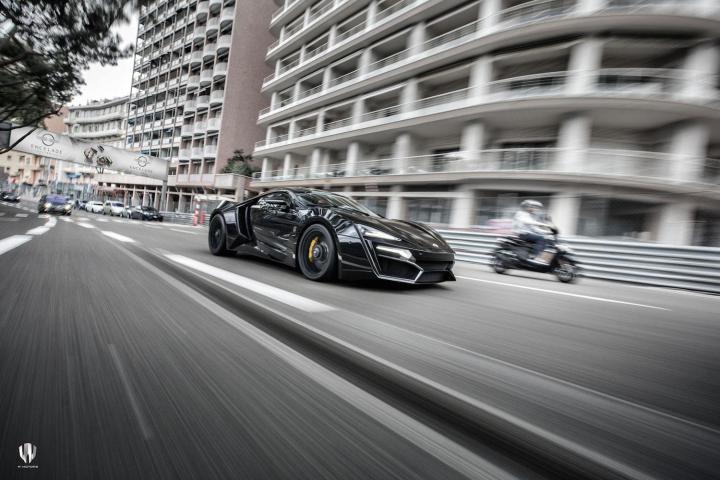
W Motors, the Lebanese company whose mission it is to be the first Arabian super car manufacturer, has selected Al-Ain Class Motors as the first dealership to sell its debut vehicle. We wouldn’t recommend to those interested to rest on their multi-million-dollar laurels as only seven Lykans will ever be built.

The Lykan Hypersport is the product of W Motor’s collaboration with suppliers like Magna Steyr, and coachbuilders like Studio Torino. The Unique supercar is powered by an RUF-sourced 3.7-liter twin-turbo six-cylinder engine, capable of 740 horsepower and 708 pound-feet of torque. The carmaker claims its vehicle has a 0 to 60 time of 2.8 seconds and that it has a maximum speed of 245 mph. Customers can also have their pick of a six-speed sequential gearbox or a seven-speed dual clutch.
That, along with its extremely limited production run, would almost justify the price tag, but for a car to intrigue the Dubai crowd, it has to have a bit more razzle-dazzle than a run of the mill supercar. Dazzle like diamond encrusted LED lights, a supposed mid-air holographic display for the center console, and gold stitching throughout the seats.
Independent companies putting out sports cars usually have ambitious goals, and these claims are about as lofty as they come. That being said the car is built and is available for sale, so if anyone has a credit line equivalent to that of a small country handy, let us know: we’ll be happy to put the Lykan Hypersport to the test.


